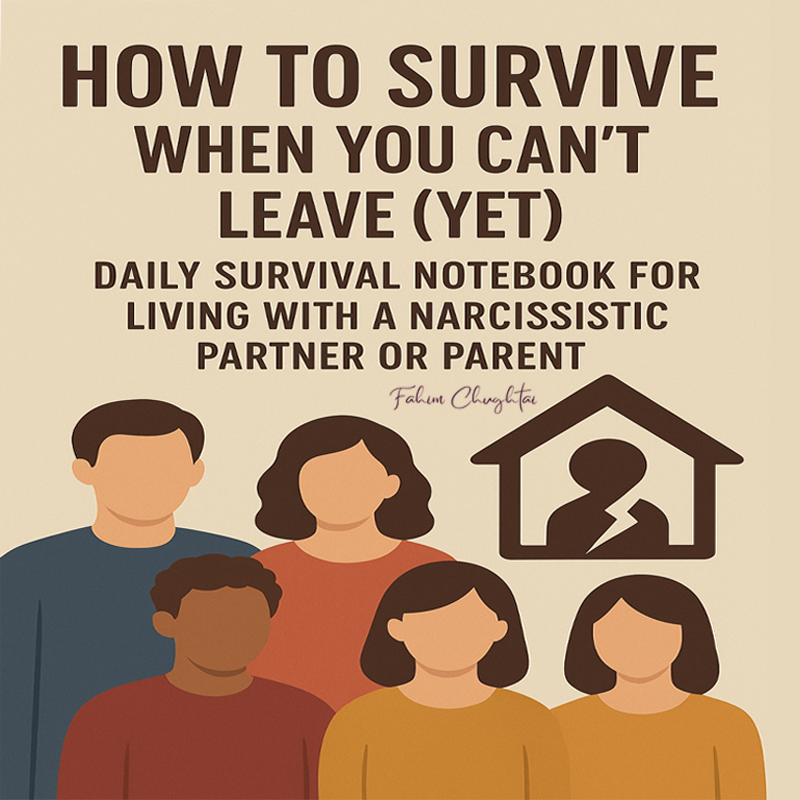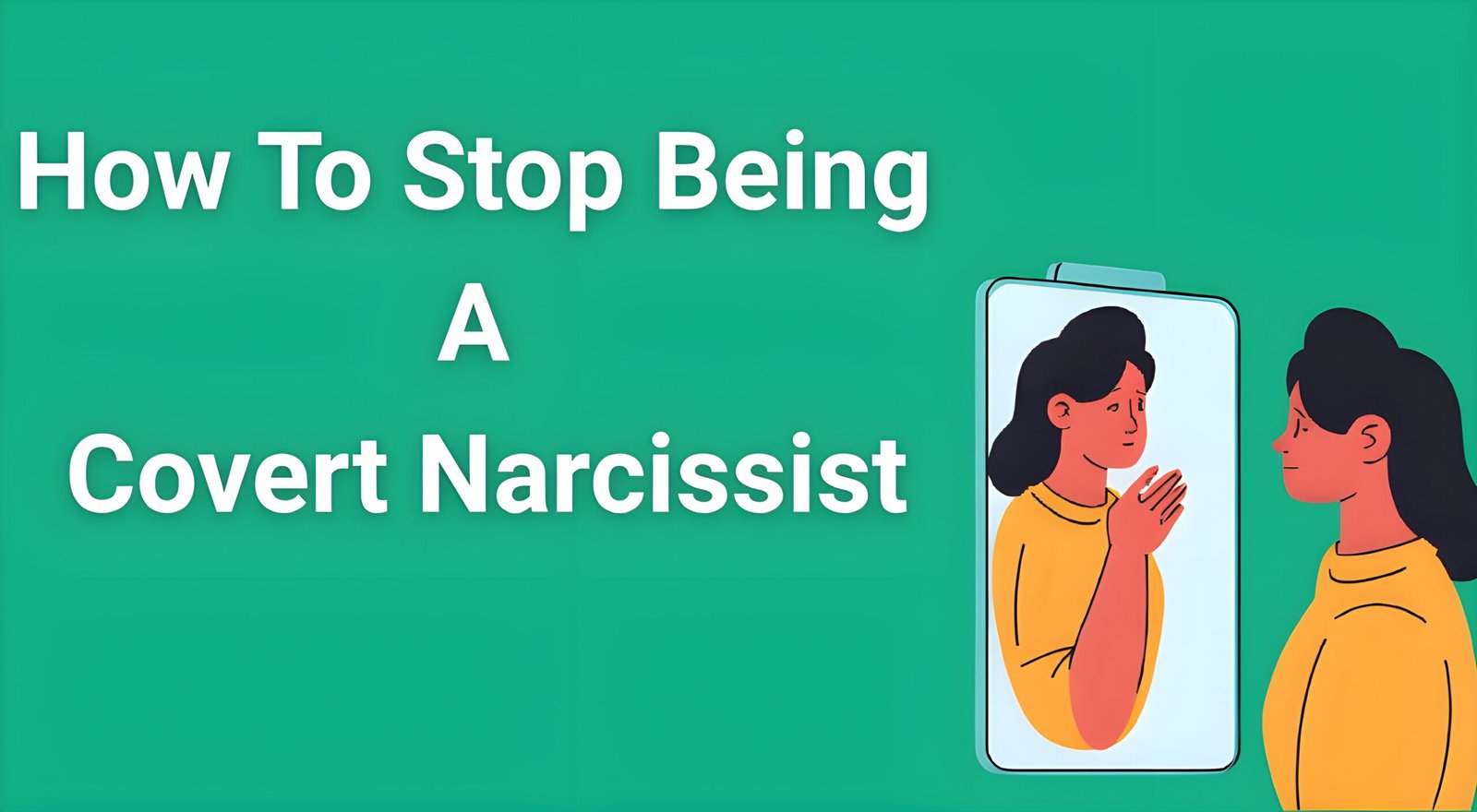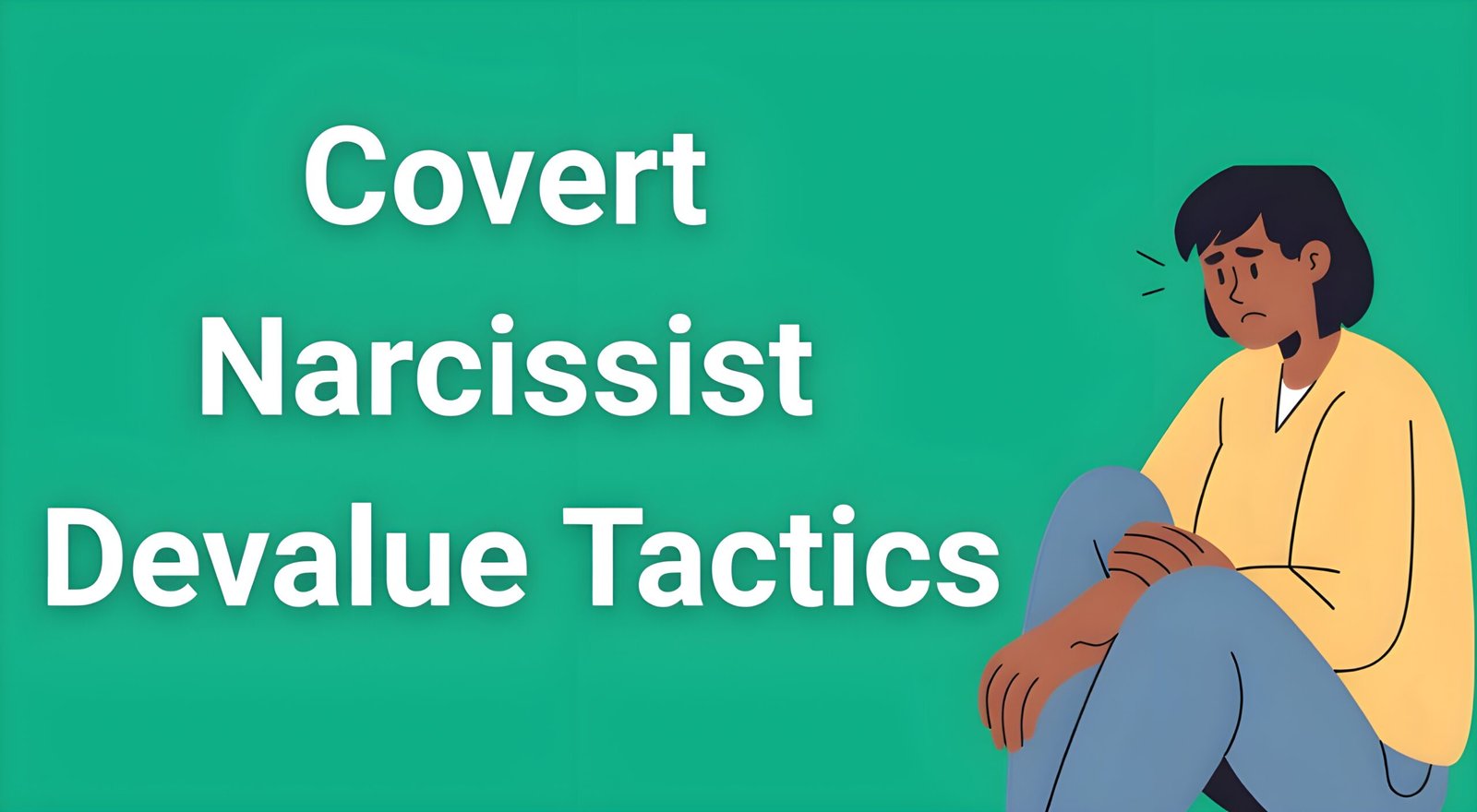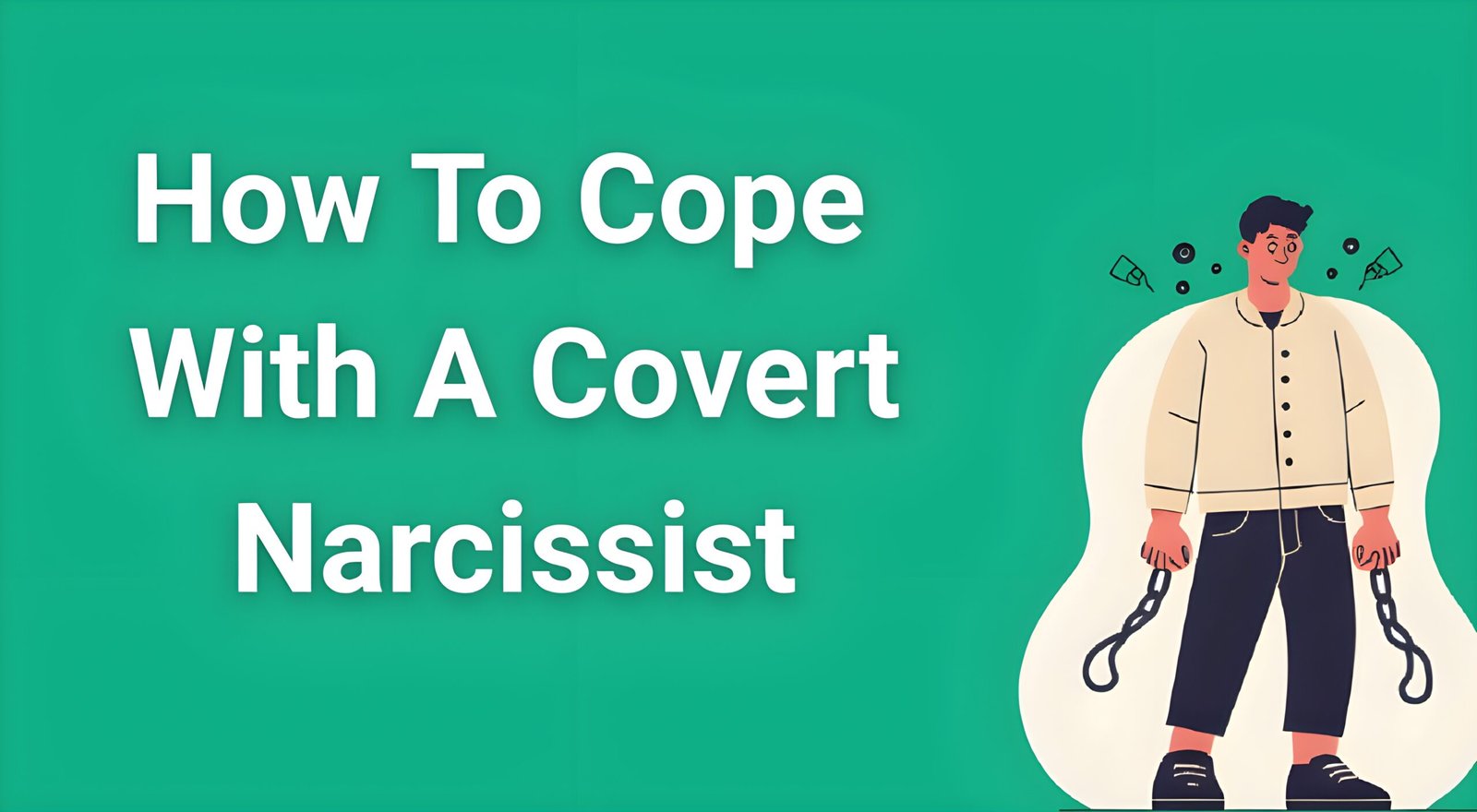If you’ve found yourself questioning whether you might be a covert narcissist, you’ve already taken the hardest step: developing self-awareness. The journey of how to stop being a covert narcissist begins with recognizing these patterns within yourself and committing to genuine change. Unlike the grandiose narcissist who seeks attention through obvious displays, covert narcissism hides behind a mask of humility while harboring the same underlying need for specialness and validation.
- What is Covert Narcissism? Understanding the Hidden Struggle
- Recognizing the Signs: Are You a Covert Narcissist?
- The 12 Life-Changing Steps: How to Stop Being a Covert Narcissist
- The Neuroscience Behind Change: Why This Process Works
- Common Challenges and How to Overcome Them
- When Professional Help is Essential
- Breaking Free from Trauma Bonds
- Building a Support Network
- Frequently Asked Questions
- Conclusion: Your Journey to Authentic Self
This comprehensive guide will walk you through 12 proven steps to break free from covert narcissistic patterns and build authentic, healthy relationships. Understanding how to stop being a covert narcissist isn’t just about changing behaviors—it’s about healing the deep wounds that created these protective mechanisms in the first place.
What is Covert Narcissism? Understanding the Hidden Struggle
Covert narcissism, also known as vulnerable narcissism, represents a more subtle form of narcissistic personality patterns. While overt narcissists display their grandiosity openly, covert narcissists maintain an introverted, self-effacing exterior while experiencing the same internal sense of specialness and entitlement.
The covert narcissist often appears modest, even self-critical, but beneath this humble facade lies a complex web of superiority, hypersensitivity to criticism, and chronic envy. They may present themselves as the misunderstood genius, the long-suffering victim, or the selfless helper while secretly expecting recognition and validation for their perceived sacrifices.
Am I Dealing With a Covert Narcissist — or Just Toxic Behavior?
Understanding how to stop being a covert narcissist requires recognizing that these patterns often develop as protective mechanisms in response to early emotional wounds, trauma, or environments where love was conditional upon performance or perfection.
Recognizing the Signs: Are You a Covert Narcissist?
Before learning how to stop being a covert narcissist, it’s crucial to honestly assess whether these patterns apply to you. Covert narcissistic traits include:
Emotional Patterns:
- Extreme sensitivity to criticism, even constructive feedback
- Chronic feelings of being misunderstood or unappreciated
- Persistent envy of others’ success, relationships, or possessions
- Difficulty genuinely celebrating others’ achievements
- Feeling special or different from others, despite outward modesty
Behavioral Patterns:
- Passive-aggressive communication when feeling slighted
- Withdrawing emotional support when not receiving enough attention
- Comparing yourself constantly to others
- Seeking validation through victimhood or suffering
- Difficulty maintaining consistent, reciprocal relationships
Relational Patterns:
- Expecting others to intuitively understand your needs
- Feeling entitled to special treatment while appearing humble
- Using guilt or emotional manipulation to get your way
- Struggling with genuine empathy for others’ experiences
- Maintaining relationships primarily for what they provide you
If you recognize yourself in several of these patterns, learning how to stop being a covert narcissist can transform not only your relationships but your entire sense of self and well-being.
The 12 Life-Changing Steps: How to Stop Being a Covert Narcissist
Step 1: Develop Radical Self-Awareness
The foundation of learning how to stop being a covert narcissist lies in developing unflinching self-awareness. This means observing your thoughts, emotions, and reactions without immediately defending or explaining them away.
Start by keeping a daily awareness journal. When you notice feelings of superiority, envy, or entitlement arising, write them down without judgment. Notice the thoughts that accompany these feelings: “They don’t deserve that promotion like I do,” or “Nobody understands how hard my life is.”
This step requires immense courage because it means acknowledging parts of yourself that may feel shameful or uncomfortable. Remember, awareness without self-attack is the goal. You’re not documenting these patterns to punish yourself but to understand and eventually transform them.
Step 2: Accept Full Responsibility for Your Impact
A crucial aspect of how to stop being a covert narcissist involves accepting responsibility for how your behavior affects others, regardless of your intentions. Covert narcissists often focus on their good intentions while minimizing the actual impact of their actions.
Practice asking yourself: “How might this behavior affect the other person?” instead of “But I didn’t mean it that way.” Start making genuine apologies when your actions cause harm, without explaining away your behavior or making the other person comfort you.
This step can feel overwhelming at first, especially if you’ve spent years believing others were “too sensitive” or “didn’t understand you.” True responsibility means acknowledging that impact matters more than intent in relationships.
Step 3: Challenge Your Sense of Specialness
Covert narcissists maintain a hidden belief that they’re fundamentally different or more special than others. Learning how to stop being a covert narcissist requires challenging this core belief with compassion and reality-testing.
When you notice thoughts about being uniquely gifted, misunderstood, or deserving of special treatment, pause and ask: “Is this thought based on reality or on my need to feel special?” Practice viewing yourself as a perfectly ordinary human being with both strengths and limitations—just like everyone else.
This doesn’t mean diminishing your genuine talents or accomplishments. Instead, it means releasing the burden of needing to be exceptional to have worth. Your value exists simply because you’re human, not because you’re special.
Step 4: Build Genuine Empathy Through Practice
Empathy doesn’t come naturally to those with narcissistic patterns, but it can be developed through conscious practice. Start with what therapists call “perspective-taking exercises.”
When someone shares an experience with you, resist the urge to immediately relate it to your own life or offer advice. Instead, ask yourself: “What might this person be feeling right now? What do they need from me in this moment?”
Practice active listening by reflecting back what you hear: “It sounds like you’re feeling overwhelmed with everything on your plate.” Notice the difference between genuine empathy and what you might have done before—waiting for your turn to speak or mentally preparing your own similar story.
Step 5: Heal Your Core Wounds
Understanding how to stop being a covert narcissist requires addressing the underlying trauma or emotional wounds that created these protective patterns. Most narcissistic traits develop as survival mechanisms in response to environments where authentic emotional needs weren’t safely met.
Consider working with a trauma-informed therapist who can help you identify and heal these core wounds. Common underlying issues include childhood emotional neglect, conditional love, perfectionist family systems, or early trauma that disrupted healthy attachment.
Healing these wounds isn’t about blaming your past but about understanding how your protective mechanisms developed so you can consciously choose healthier ways of being. This deep work often requires professional support and should be approached with patience and self-compassion.
Step 6: Practice Emotional Regulation
Covert narcissists often struggle with emotional regulation, particularly when facing criticism, rejection, or situations that trigger feelings of inadequacy. Learning healthy emotional regulation is essential for how to stop being a covert narcissist.
Develop a toolkit of regulation strategies:
- Deep breathing exercises when feeling overwhelmed
- Progressive muscle relaxation for physical tension
- Mindfulness meditation to observe emotions without being consumed by them
- Journaling to process complex feelings
- Physical exercise to release emotional energy
The goal isn’t to eliminate difficult emotions but to experience them without immediately reacting in ways that damage relationships. When you feel that familiar surge of narcissistic rage or crushing shame, pause and use your regulation tools before responding.
Step 7: Set Healthy Boundaries (Not Walls)
Many covert narcissists struggle with boundaries—either having none at all or building impenetrable walls when feeling hurt. Learning how to stop being a covert narcissist includes developing healthy boundary skills.
Healthy boundaries are clear, consistent, and communicate your needs without punishing others. Practice saying: “I need some time to process this conversation before responding,” instead of giving someone the silent treatment. Or “I’m not available to discuss this topic right now,” rather than passive-aggressively shutting down.
Remember, boundaries protect relationships rather than destroying them. They allow you to stay present and engaged rather than withdrawing or becoming defensive.
Step 8: Address Your Relationship with Validation
Covert narcissists have a complex relationship with validation—desperately needing it while often rejecting it when offered. Part of how to stop being a covert narcissist involves developing a healthier relationship with both giving and receiving validation.
Start practicing genuine validation of others without expecting it in return. Notice when someone makes an effort, achieves something meaningful, or shows courage, and acknowledge it sincerely. This helps break the cycle of withholding validation as a form of control.
Simultaneously, work on developing internal validation. Your worth doesn’t depend on constant external confirmation. Practice self-acknowledgment for small daily efforts: “I handled that difficult conversation with patience,” or “I chose to listen instead of defend myself.”
Step 9: Cultivate Genuine Self-Compassion
The harsh internal critic that drives many covert narcissistic behaviors often masks deep shame and self-hatred. Learning how to stop being a covert narcissist requires developing authentic self-compassion—not the false self-soothing that excuses harmful behavior.
True self-compassion involves treating yourself with the same kindness you’d offer a good friend facing similar struggles. When you notice narcissistic thoughts or behaviors arising, respond with: “This is a moment of suffering. This is part of being human. May I be kind to myself in this moment.”
Self-compassion doesn’t mean excusing harmful behavior but rather approaching your growth process with patience and understanding rather than harsh self-judgment.
Step 10: Practice Consistent Self-Reflection
Regular self-reflection becomes a lifelong practice when learning how to stop being a covert narcissist. This isn’t the obsessive self-focus that characterizes narcissism but rather an honest assessment of your patterns, progress, and areas for continued growth.
Set aside time weekly to review:
- Moments when you fell back into old patterns
- Situations where you chose healthier responses
- Feedback you received from others about your behavior
- Areas where you want to focus your growth efforts
Approach this reflection with curiosity rather than judgment. The goal is understanding and growth, not self-punishment.
Step 11: Build Authentic Connections
Covert narcissists often struggle with forming genuine connections because their relationships are based on what others can provide rather than mutual care and respect. Learning how to stop being a covert narcissist involves rebuilding your approach to relationships.
Start by choosing one or two relationships where you can practice being more authentic and vulnerable. Share your genuine feelings, admit your mistakes, and show interest in the other person’s inner world without making it about you.
Focus on giving rather than getting in your interactions. Ask yourself: “How can I contribute to this person’s wellbeing?” rather than “What am I getting from this relationship?”
Step 12: Commit to Ongoing Growth and Professional Support
The journey of how to stop being a covert narcissist isn’t a destination but an ongoing process of growth and healing. Consider working with a qualified therapist who specializes in personality patterns and trauma recovery.
Professional support can provide:
- Objective feedback about your patterns
- Specialized techniques for emotional regulation
- Safe space to process difficult emotions
- Accountability for your growth goals
- Support through challenging periods of change
Remember, seeking help isn’t a sign of weakness but rather evidence of your commitment to genuine transformation.
The Neuroscience Behind Change: Why This Process Works
Understanding how to stop being a covert narcissist becomes easier when you understand the brain science involved. Narcissistic patterns create specific neural pathways that become deeply ingrained through repetition. However, the brain’s neuroplasticity means these patterns can be changed through consistent practice.
Each time you choose a healthier response instead of an old narcissistic pattern, you’re literally rewiring your brain. The more you practice empathy, emotional regulation, and authentic connection, the stronger these new neural pathways become.
This process takes time—typically 18-24 months for significant pattern changes—but the transformation is possible with consistent effort and professional support.
Common Challenges and How to Overcome Them
Learning how to stop being a covert narcissist comes with predictable challenges:
The Identity Crisis: As you release old patterns, you may feel lost or unsure of who you are. This is normal and temporary. Your authentic self will emerge as you continue the healing process.
Relationship Turbulence: Others may resist your changes, especially if they benefited from your old patterns. Stay committed to your growth while being patient with others’ adjustment periods.
The Perfectionism Trap: Don’t expect perfect progress. You’ll have setbacks and moments of falling back into old patterns. This is part of the process, not evidence of failure.
Emotional Overwhelm: As you develop genuine empathy and emotional awareness, you may feel overwhelmed by emotions you’ve been avoiding. Professional support is crucial during this phase.
When Professional Help is Essential
While self-awareness and commitment are important, learning how to stop being a covert narcissist often requires professional support. Consider therapy if you:
Still Living With Them? You’re Not Helpless.

- Feel overwhelmed by the change process
- Struggle with severe depression or anxiety
- Have thoughts of self-harm
- Continue to harm relationships despite efforts to change
- Have a history of trauma that needs addressing
A trauma-informed therapist can provide specialized tools and support that accelerate your healing process while ensuring your safety throughout the transformation.
If you’re ready to gain clarity about your specific situation and receive expert guidance tailored to your unique circumstances, consider getting a comprehensive analysis of your patterns and a personalized roadmap for change. Professional assessment can help you understand exactly what you’re dealing with and provide specific strategies for your healing journey.
Breaking Free from Trauma Bonds
Many covert narcissists also struggle with trauma bonds—powerful psychological connections that keep them trapped in unhealthy relationship patterns. These bonds create an addiction-like attachment that makes healthy relationships feel boring or insufficient.
You’ve Seen the Patterns. Now Break the Bond.
If you find yourself obsessively thinking about relationships, checking social media compulsively, or returning to unhealthy dynamics despite knowing better, you may be dealing with trauma bonds alongside covert narcissistic patterns. Understanding the neurological basis of these bonds is crucial for breaking free and developing the capacity for healthy love.
Breaking trauma bonds requires specific techniques that address the brain chemistry involved, not just willpower. This process often involves structured daily practices designed to rewire your attachment system and develop secure relationship patterns.
Building a Support Network
Recovery from covert narcissism shouldn’t be a solitary journey. Building a support network of understanding individuals who can provide feedback, encouragement, and accountability is crucial for sustainable change.
Look for:
- Support groups for individuals working on personality patterns
- Trusted friends who can provide honest feedback
- Family members willing to support your growth process
- Online communities focused on personal growth and healing
Remember, true support involves people who will lovingly challenge your growth edges while also celebrating your progress.
Frequently Asked Questions
Can someone really change from being a covert narcissist?
Yes, with genuine commitment, self-awareness, and often professional support, people can transform these patterns. The key is understanding that this is a healing process, not just behavior modification.
How long does it take to stop being a covert narcissist?
Significant change typically takes 18-24 months of consistent work, though some improvements can be seen much sooner. The process is ongoing rather than having a definitive endpoint.
Will I lose my personality if I change these patterns?
No, you’ll discover your authentic personality beneath the protective mechanisms. Many people report feeling more genuinely themselves than ever before.
What if my family or friends don’t support my changes?
Some people may resist your changes, especially if they benefited from your old patterns. Stay committed to your growth while being patient with others’ adjustment periods.
Can I do this without therapy?
While therapy isn’t always required, professional support significantly improves outcomes and provides safety during the vulnerable change process. Consider it an investment in your future wellbeing.
Is it normal to feel worse before feeling better?
Yes, as you become more emotionally aware and break down old defenses, you may experience difficult emotions that were previously avoided. This is a normal part of the healing process.
Conclusion: Your Journey to Authentic Self
Learning how to stop being a covert narcissist is ultimately a journey toward discovering and expressing your authentic self. Beneath the protective mechanisms of narcissism lies a person worthy of love and connection—not because you’re special or superior, but simply because you’re human.
This transformation isn’t about becoming perfect or losing your edge. It’s about developing the capacity for genuine intimacy, authentic self-expression, and meaningful contribution to others’ lives. As you heal the wounds that created these patterns, you’ll discover that true connection and fulfillment were what you were seeking all along.
The path isn’t easy, but it’s profoundly worthwhile. Every step you take toward greater self-awareness, empathy, and authentic connection not only heals your own life but contributes to healing the world around you. Your willingness to face these patterns with honesty and courage is already evidence of the person you’re becoming.
Remember, seeking support along this journey isn’t weakness—it’s wisdom. Whether through professional therapy, specialized programs, or supportive resources designed specifically for your transformation, investing in your healing is investing in a future filled with genuine love, connection, and peace.






